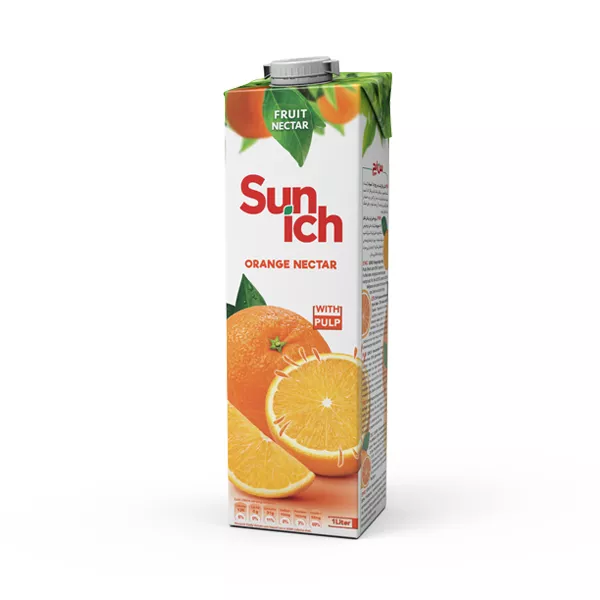Orange is native to Southeast Asia, and many researchers consider southern China and northern India as the birthplace of this juicy and delicious fruit. Archaeological research has shown that oranges have been discovered for the first time in China around 2500 BC. Oranges are classified in the citrus group and are classified as tree species. At present, Brazil, the United States and China are among the largest orange producers in the world. One of the problems that some people have with drinking a variety of juices is their dilution and the lack of proper oral sensation with their juice intake. Adding pulp to juices has solved this problem and in addition to raising their nutritional value, makes them feel better when drinking.
Vitamin A
Vitamin A is a fat-soluble nutrient that plays a vital role in your body. Vitamin A cannot be made by the human body and so it is an essential part of the diet. Vitamin A is important for healthy eyes, good eyesight (vision), healthy skin and to help you fight infections. Please note that if you have dry skin or eyes, they may be sign of lack of Vitamin A. So, try to find sources of Vitamin A in your daily life.
Vitamin C
Vitamin C is a necessary vitamin, meaning it can’t be produced by the body. Nevertheless, it has many roles in your body and has been linked to impressive health benefits. If you have adequate vitamin C in your body, you have insured yourselves against cancers related to stomach, mouth, esophagus and chest.
This is because of its antioxidant function. It also helps boost the immune system.
Vitamin C is found in many different fruits such as oranges, limes, lemons and etc.
Folate
Folate is one of the B-Group vitamins. It’s called folate when it occurs naturally in food. It is sometimes called vitamin B9 and is vital for healthy growth and development. Most of the times our bodies use folate to make DNA, form red blood cells and grow & repair cells and tissues.
For getting adequate folate, you can probably get it from your diet. This includes many breakfast cereals, bread, fruit juices and Vegemite.
Potassium
Potassium is one of the important and abundant minerals in human’s body.
It helps the body regulate fluid, send nerve signals and regulate muscle contractions. Consuming a potassium-rich diet is linked to many impressive health benefits. It may help reduce blood pressure, protect against strokes, prevent osteoporosis, prevent kidney stones and etc.
Antioxidant
Antioxidant supplements are popular and commonly considered healthy. The human body even generates its own antioxidants, such as the cellular antioxidant glutathione. Getting antioxidants from foods is important. In fact, our life depends on the intake of certain antioxidants – namely, vitamin C and vitamin E. In scientific language Antioxidants prevent cell death and the risk of harmful effects from free radicals. They keep the skin cells smooth and maintain the vital molecules.
Fiber
Fiber is one of the main reasons that whole plant foods are good for you. Certain types of fiber can help you lose weight by reducing your appetite. please note that, if you include fiber in your daily diet, there would be no more sign of hunger and fatigue. Fibers found in all kinds of fruits and cereals can regulate your digestive system, lower your blood sugar and help you in gaining your ideal weight.
